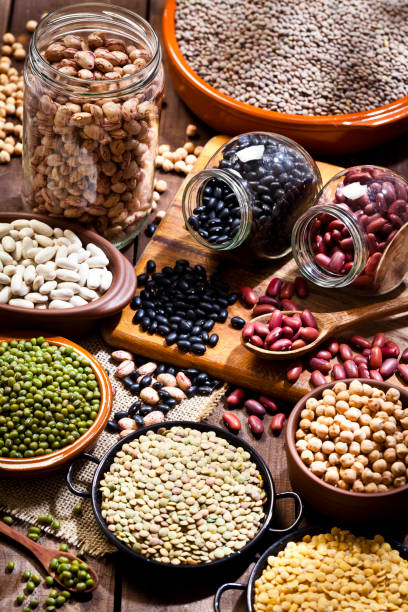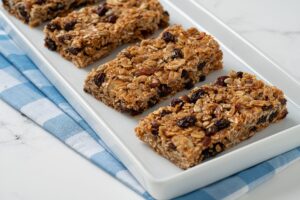What is fibre foods?
Food or roughage produced by the plants is mainly known to be fibre foods. It cannot be broken down completely and is used for dieting.

What are the benefits of fibre foods?
1. Improves bowel movements
dietary fibres increase the weight and size of the stool and soften it. The bulky stool can pass through easily which results in no harm to your digestive system. A stool that is loose, watery and thin isn’t believed to be good for your body.
2. Maintains bowel health
Food rich in fibre may decrease the risk of any harmful disease such as diverticular disease or the formation of haemorrhoids. Studies have shown that fibre-rich foods also lower the risk of a type of cancer. Some fibre is fermented and becomes colon, researches are done to find its benefits.
3. Lowers cholesterol level
Soluble fibre food may decrease the cholesterol level by lowering the bad cholesterol in your body. Studies show that high-fibre foods decrease the risk of heart diseases such as reducing blood pressure and inflammation.
4. Maintains sugar level
Generally, those who are diabetic often get recommended to switch their diet to fibre-rich one. Soluble fibre can absorb the sugar from the blood and maintains the sugar level. Insoluble fibre is also effective for type 2 diabetes.
5. Healthy weight
High fibre food generally fills up your stomach which is why you tend to eat less and eat at regular intervals. They break down slowly and are likely to produce less dense energy which means they have fewer calories.
6. Live longer
studies show that foods rich in fibre help you live a longer life. Cereal fibre lowers the risk of cardiovascular disease and all cancers.
Proportion for intake
The ideal intake of fibre for men is 38 to 30 grams. Whereas, for women, it is 25 to 21 grams.
To boost your energy fibre intake, you should consume:
- wholegrain products
- fruits
- vegetables
- beans, peas, other legumes
- nuts and seeds
for more products, visit foodvez.com


